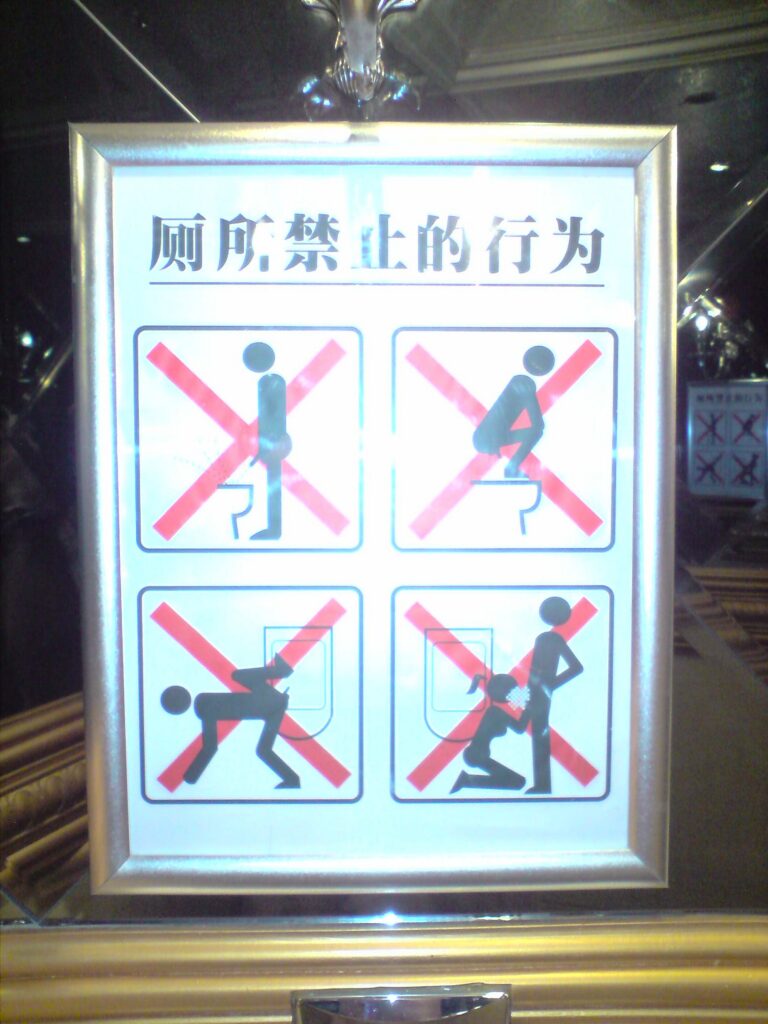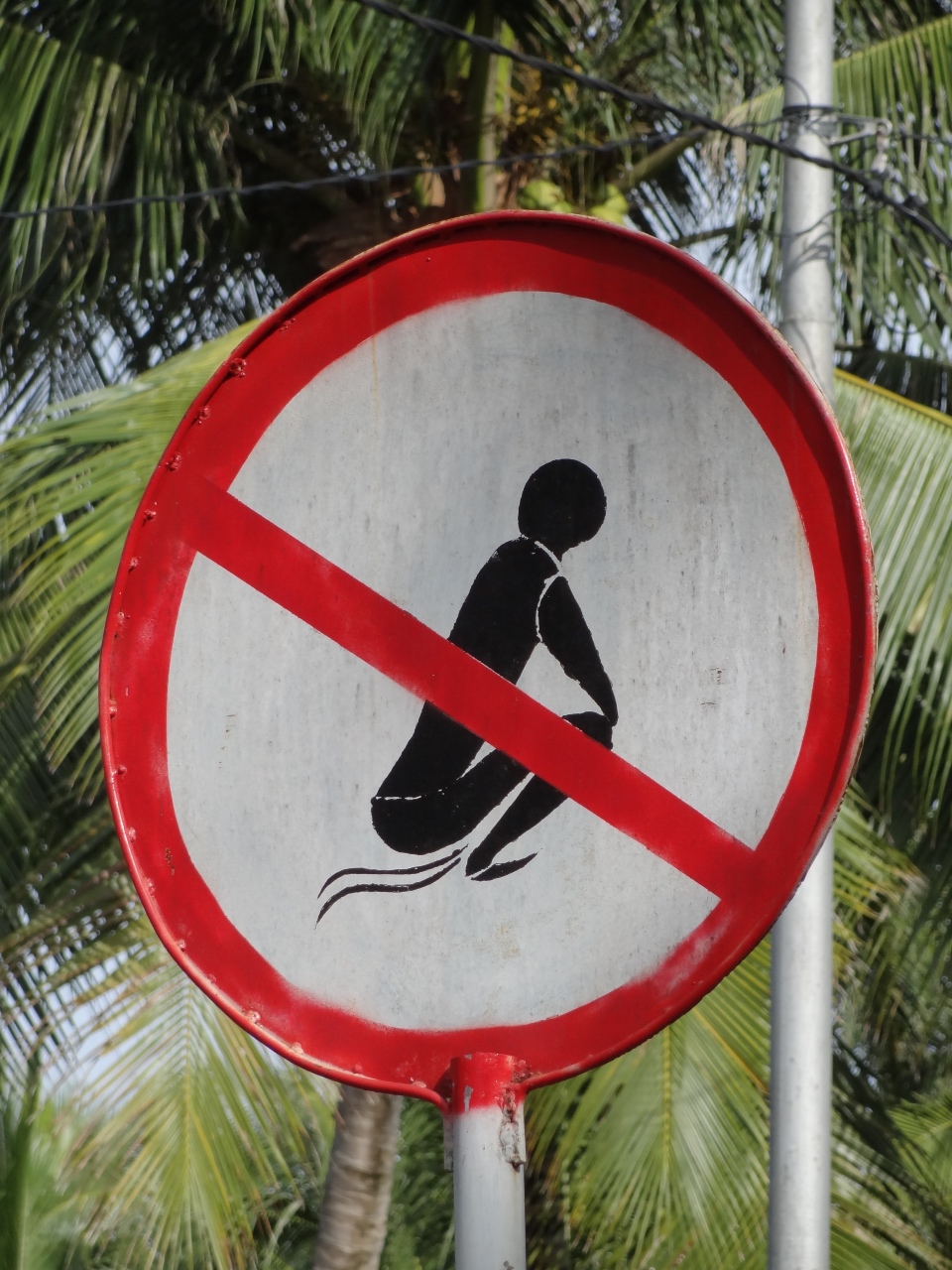Jane and Chris on Franz Joseph Glacier a couple of decades ago at a time when purple lipstick (sunblock) was also not in fashion
Kelly-Jae Keen-Minshull (quite the mouthful, no wonder she wants to go by an alliterating pseudonym) aka Posier Parker has come to and gone from New Zealand. Few were sorry about her departure. She created much angst and stress. Some were happy about the way the Albert Park crowd’s behaviour forced her to leave. Some people consider the crowd’s behaviour a breach of free speech. Almost universally she was taken seriously. I get that, too. If her aim, or her action, was to incite hatred against a particular group in society, one wants to counter that threat in a serious way. However, laughing at people can also be a good way to undermine their message. Yes, it is possible to underestimate a figure of fun, but it is also possible to give someone far too much weight by how you regard them. And it is definitely possible to pull apart ideas by showing how laughable they are.
Thinking about Parker’s concern about who goes into women’s bathrooms … she wants to ensure that trans women cannot enter women’s bathrooms. I wonder how she thinks this might be enforced. Are we going to need bathroom monitors? And how exactly would the monitors going to carry out their enforcement duties? Would we need identity cards with documented gender identity to go to the toilet? What say people don’t identify as a particular gender? Does that mean they have to find their own toilets? The obvious solution is to have toilet cubicles which any person can use independently, a solution many places are adopting (although I don’t think they are doing it for fear of bathroom monitors).
Why do we have bathrooms separated by gender at all? One Guardian article documents that laws in the US started separating public restrooms by sex at the end of the 19th century, when Massachusetts became the first state to do so. By 1920, more than 40 states had adopted similar legislation requiring that public restrooms be separated by sex. Were legislators merely recognising natural anatomical differences between men and women? Apparently no. These laws were rooted in the so-called “separate spheres ideology” – the idea that, in order to protect the virtue of women, they needed to stay in the home to take care of the children and household chores, while men operated in the public domain. Of course, women did go outside the home, and regulators used approaches, including architectural solutions, to ‘protect’ women away from the natural sphere. These included having separate toilets, dressing rooms and resting spaces.
Another aspect of the “separate spheres ideology” was that women are inherently weaker than men, so require physical protection. Opponents of trans-women’s rights have followed on with this concept, using slogans such as ‘No Men in Women’s Bathrooms’ – evoking visions of weak women subject to attack by men. There is no evidence for the ‘bathroom predator myth’ in regard to women’s bathrooms; funny how little discussion there is about risks to men in men’s bathrooms. Couldn’t men prey upon men as much as upon women in bathrooms? Or women upon women – women are no strangers to violence (at least in their families), according to the Dunedin longitudinal study and despite what Marama Davidson claims.
Why is violence in bathrooms seen as such a risk? There are many other enclosed spaces in which two people of different, or the same gender, might find themselves. This seems downright peculiar when you think about it. Is it because of antiquated mores related to people having just undertaken an act that relates to genitalia? As opposed to immediately after having a cup of tea, where we feel no sense of threat when we are confined in a tiny office kitchen while putting our cup in the dishwasher. Anyone could come in and attack us!
We have an opportunity (to use speech lauded by bureaucrats) to employ Posie Parker and her inflammatory statements (which most likely are simply about her desire for notoriety) to reframe our own thinking. Why do we fear the ‘wrong’ gender being in bathroom spaces. What is it we fear about people gendered differently to us? And how grounded in fact are those fears? I fear they are not.

Discover more from Jane Shearer
Subscribe to get the latest posts sent to your email.




